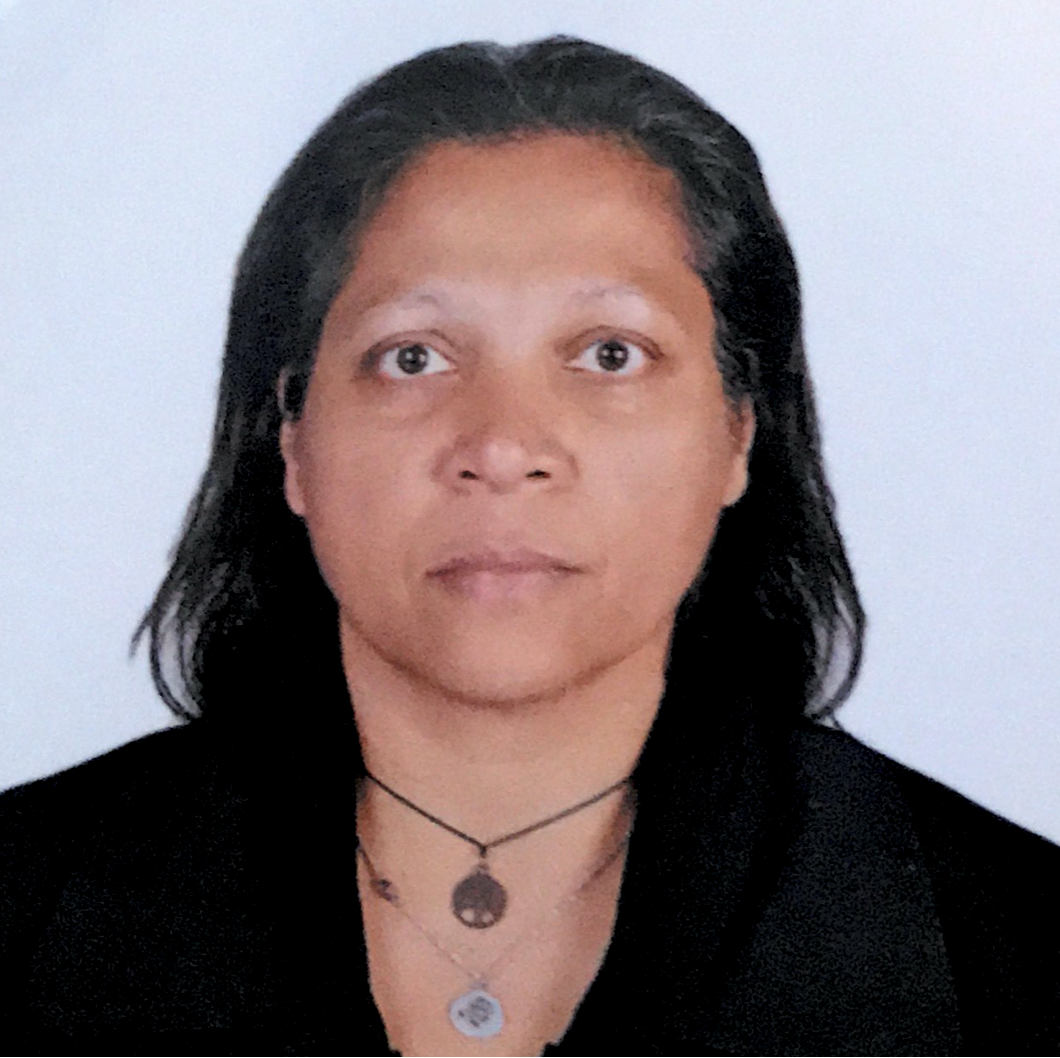You are accessing a machine-readable page. In order to be human-readable, please install an RSS reader.
All articles published by MDPI are made immediately available worldwide under an open access license. No special permission is required to reuse all or part of the article published by MDPI, including figures and tables. For articles published under an open access Creative Common CC BY license, any part of the article may be reused without permission provided that the original article is clearly cited. For more information, please refer to https://www.mdpi.com/openaccess.
Feature papers represent the most advanced research with significant potential for high impact in the field. A Feature Paper should be a substantial original Article that involves several techniques or approaches, provides an outlook for future research directions and describes possible research applications.
Feature papers are submitted upon individual invitation or recommendation by the scientific editors and must receive positive feedback from the reviewers.
Editor’s Choice articles are based on recommendations by the scientific editors of MDPI journals from around the world. Editors select a small number of articles recently published in the journal that they believe will be particularly interesting to readers, or important in the respective research area. The aim is to provide a snapshot of some of the most exciting work published in the various research areas of the journal.
Original Submission Date Received: .

We are pleased to announce that Dr. James A. Lutz and Dr. Natasha Ribeiro have been appointed Editors-in-Chief of Sections “Fire Science Models, Remote Sensing, and Data” and “Fire Research at the Science–Policy–Practitioner Interface”, respectively, in Fire (ISSN: 2571-6255).
 |
Name: Dr. James A. Lutz Affiliation: S. J. & Jessie E. Quinney College of Natural Resources, Utah State University, 5230 Old Main Hill, Logan, UT 84322-5230, USA Interests: forest ecology; community ecology; fire ecology; biogeography; climate change |
 |
Name: Dr. Natasha Ribeiro Affiliation: Department of Forest Engineering, Faculty of Agronomy and Forest Engineering, Universidade Eduardo Mondlane, Avenida Julius Nyerere, Street. nr. 3453, Maputo, Mozambique Interests: conservation and forest restoration; fire ecology; evaluation and environmental impact assessments; forest biomass and carbon sequestration; remote sensing |
The following is a short Q&A with Dr. James A. Lutz and Dr. Natasha Ribeiro, who shared their vision for the journal with us, as well as their views of the research area and open access publishing:
1. What appealed to you about Fire that made you want to take the role as its Section Editor-in-Chief? What does the future of this field of research look like?
Dr. Lutz: Fire is one of the principal processes in the earth system, and the relationships among fire, people, and human infrastructure are increasingly relevant to policy. Fire is becoming a relevant societal issue even outside those regions that traditionally experienced a frequent fire. I decided to join the Editorial Board of Fire to help increase the breadth of peer-reviewed literature in the field. So many aspects of fire research, operations, and management didn’t have a good fit with the older, established journals. I thought Fire could make a difference and increase the visibility of the science.
Dr. Ribeiro: My vision for this Section is to make scientific information available for the non-scientific community by publishing cutting-edge science to inform decision-making in fire management. Fire is a main driver of the southern African ecosystems, that's why Africa is called the fire continent. However, it has been poorly understood and considered a management tool. Nevertheless, it is considered a negative factor and many regulations and policies around fire have been wrongly designed to prohibit fires and poorly implemented. I also think that there is a need to enhance research around fire ecology and management and translate the results produced to inform policies and management. I think that given my experience in the southern Africa region it is my mission to contribute to conveying the message and being the Editor-in-Chief of this Section will open up the opportunity to make my contribution by creating a space to have experiences from around the world that can help places such as Southern Africa.
2. What do you think of the development of open access in the publishing field?
Dr. Lutz: Open access is definitely a growing trend in science. Most scholars will continue to publish in both journals that are open-access and those that follow the subscription model, but when research has applications to land management and policy, there are real benefits to the open access model.
Dr. Ribeiro: This is very important to make information widely available for different audiences. In a globalized world, information should be accessed more freely and especially conveyed outside the academic/scientific world in order to bridge the gap between science and governance.
We warmly welcome Dr. James A. Lutz and Dr. Natasha Ribeiro as they start their roles as Section Editors-in-Chief, and we look forward to them leading Fire to achieve many more milestones.
Fire Editorial Office
